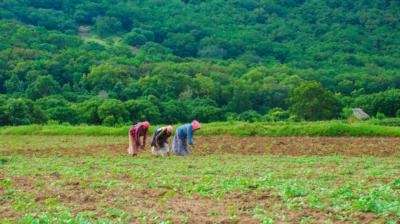Master's Thesis
| 2020
The effect of a supply shock in the production of cocaine on violence: Evidence from Colombia and Venezuela
Using data on coca cultivation and homicides, this paper analyzes an otherwise little researched topic, linking cocaine production and violence in Colombia. I use an exogenous supply shock in gasoline, an input factor needed to produce cocaine, and analyze the effect on violence in coca-producing areas compared to non-producing areas using a differences-in-differences strategy.
The price of gasoline decreases in 2016, because of an exchange rate shock between Colombia and Venezuela. The results indicate that the positive supply shock leads to more violence in coca producing areas. The main results are robust to various tests, such as controlling for immigration, excluding big cities and distance from the border.
This paper contributes to the literature by showing that when it becomes cheaper to produce cocaine, there is more violence in production areas. By looking at a purely economic effect on the drug market, instead of a drug enforcement effect, the paper also show that there is an effect of price changes on the cocaine market that goes beyond the drug enforcement. The paper also contributes to the literature by studying the interaction between two illegal markets: the smuggling of gasoline and cocaine production.





